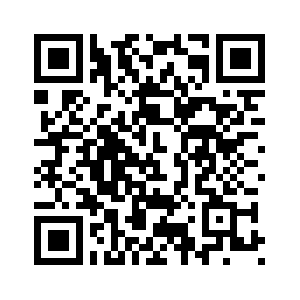BEIJING, March 3 (Xinhua) -- At the critical moment when the world is joining forces to stop the spread of COVID-19, top epidemiologists of China and the United States exchanged views on Tuesday -- an encouraging sign for bilateral cooperation as well as the global battle against the still raging pandemic.
In an online talk organized by the University of Edinburgh, leading Chinese respiratory disease expert Zhong Nanshan and top U.S. infectious disease specialist Anthony Fauci have called for more efforts to enhance global solidarity and cooperation to beat the deadly virus.
Their remarks are a reflection of the growing global public consensus that the human race should join hands and work together to beat the pandemic, and that this is the only way out of the calamity.
As the two medical heavyweights have noted, if the virus is stamped out in one country but allowed to spread uninhibited in other parts of the world, it will mutate at a fast pace through cross-border transmissions and rekindle the outbreak sooner or later.
To score an ultimate victory against the virus, it is of great significance and necessity for the world community to take a science-based approach.
Both Zhong and Fauci gave an upbeat assessment of the role vaccines can play in the battle, and voiced their belief that things will be better a year later, as many countries are witnessing declines in new cases while rolling out vaccine programs.
While promoting the vaccine drive, governments should gradually map out economic recovery strategies in accordance with the requirement of pandemic control and prevention, instead of taking premature and hasty resumption measures that will lead to a rebound of infections. Meanwhile, scientists around the world need to enhance collaboration on the research and development of more effective medicines and vaccines.
As the world's two largest economies, cooperation between China and the United States takes on global importance. Scientists and medical workers of the two countries have been working together since the beginning of the pandemic. However, their cooperation was disrupted by Washington's politically-motivated acts.
The good news is that the United States is now taking a more rational attitude and adopting more scientific measures, which are welcomed by the international community.
In February, Chinese President Xi Jinping and his U.S. counterpart, Joe Biden, agreed in a phone conversation that the two sides will maintain close communication on China-U.S. relations and issues of mutual interest.
Strengthening bilateral cooperation in the fight against the virus meets the expectations of their peoples and the international society. The candid communication between the two leading anti-COVID-19 experts has set a good example for further China-U.S. cooperation in this field. Enditem



